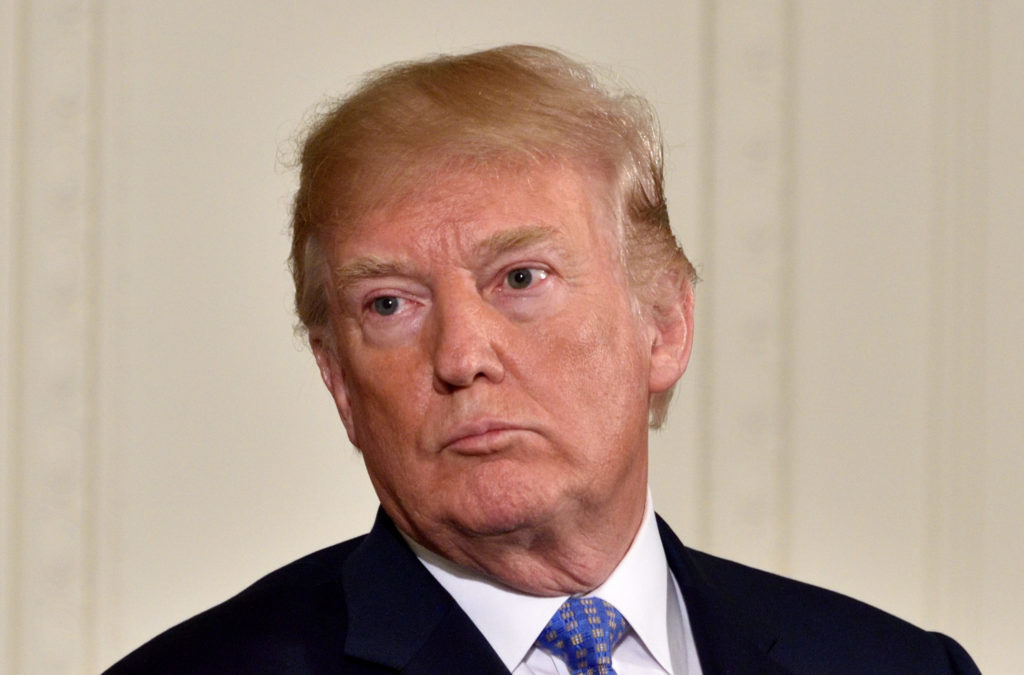We told you Donald Trump didn’t really win the 2016 election

Last Friday morning, President Jimmy Carter bravely broke taboo by saying that Russian interference in the 2016 election put Trump into office and so, Trump has been ruling all this time as an illegitimate President. On the heels of Carter’s assertion, two new important studies about Russian meddling were released that pick up just where Carter left off. These studies show that Russian interference has had significant effects and that it will take a sea change in our government’s attitude to counter the Russian threat in a meaningful way.
On Sunday morning, Politico reported on a 151-page white paper that it received from the Pentagon, entitled “Russian Strategic Intentions.” Prepared for the Joint Chiefs of Staff, the paper sounds the alarm that the United States is basically asleep at the wheel as Russia continues its aggressive campaign to undermine democracies around the world. One of its key observations is that Russia’s efforts “are most effective when the target is deeply polarized or lacks the capacity to resist and respond effectively to Russian aggression.” To combat further interference, the paper calls for an “aligned and synchronized” approach across all of government. Call me crazy, but I don’t see Donald “You’re the puppet!” Trump getting on board with this proposal anytime soon.
The next day, NBC News reported that a University of Tennessee, Knoxville study suggests that if you think Russia’s propaganda campaign through social media had no real effect on the results of the 2016 election, think again. The study found that every 25,000 retweets by Russian trolls translated into a 1 percent favorable increase for Trump in opinion polls. Note that this study did not even consider the effects of other types of serious interference such as the GRU’s hacking of the Democratic National Committee and the Hillary Clinton campaign.
As for whether Russia’s social media interference itself turned the election, Damian Ruck, the study’s lead researcher, wrote in an article for The Conversation that “we still don’t know,” although now “we may be a step closer to knowing the answer.” But, as Ruck then astutely noted, “given that all Clinton needed to flip the election in her favor was an additional 75,000 votes in Michigan, Wisconsin and Pennsylvania, it is a prospect that should be taken seriously.”

Ron Leshnower is a lawyer and the author of several books, including President Trump’s Month
